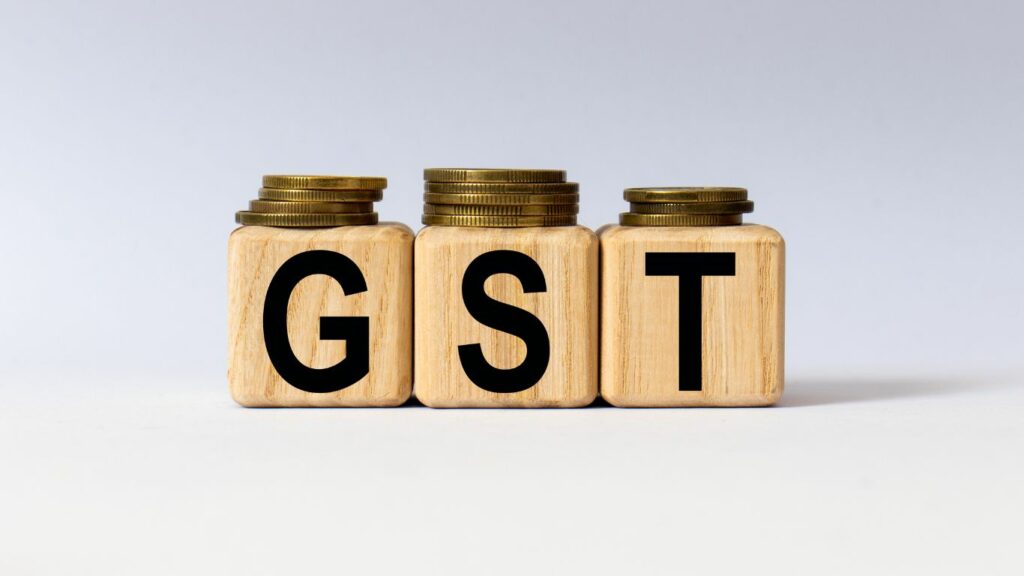Running a small business comes with numerous financial responsibilities, including managing the Goods and Services Tax (GST). Understanding how GST works and whether your small business can claim it back is essential for effective financial management.
What is GST?
The Goods and Services Tax (GST) is a value-added tax of 10% on most goods, services, and other items sold or consumed in Australia. It is a broad-based tax that applies to the sale of most goods and services.
When Can Small Businesses Claim Back GST?
Small businesses registered for GST can claim back the GST they pay on business-related purchases. This process is known as claiming GST credits. Here’s a detailed look at how and when you can claim these credits:
- GST Registration
- To claim back GST, your business must be registered for GST. You need to register if your business has a turnover of $75,000 or more (or $150,000 or more for non-profit organizations).
- You can also voluntarily register for GST if your turnover is below these thresholds, which can be beneficial for claiming GST credits.
- Tax Invoices
- Ensure you have a valid tax invoice for the goods or services purchased. A tax invoice is required for purchases over $82.50 (including GST).
- The tax invoice must include the supplier’s name, ABN, the date, a description of the items, the GST amount, and the total price.
- Business-Related Purchases
- The purchases must be for business purposes. Personal expenses cannot be claimed.
- If the purchase is partly for business and partly for private use, you can only claim the portion that is related to your business.
- Lodging BAS
- You claim GST credits by lodging a Business Activity Statement (BAS) with the Australian Taxation Office (ATO). This can be done monthly, quarterly, or annually, depending on your GST reporting cycle.
- On the BAS, you report the total sales and the GST collected on those sales, as well as the GST paid on business purchases.
- Adjustments and Errors
- If you find an error in a previous BAS, you can make adjustments in the current BAS. The ATO provides guidelines on how to correct errors.
- If your GST credits exceed the GST you owe, you will receive a refund from the ATO.
Benefits of Claiming GST Credits
Claiming GST credits can significantly benefit your business by reducing your overall expenses. Here are some advantages:
- Cost Savings: By claiming back GST on business purchases, you lower your business costs, effectively reducing the price you pay for goods and services.
- Cash Flow Management: Regularly claiming GST credits can improve your business’s cash flow, as you can get back a portion of the money spent on business expenses.
- Compliance and Financial Accuracy: Keeping accurate records and regularly claiming GST credits helps ensure compliance with tax regulations and improves the accuracy of your financial reporting.
Important Considerations
- Record Keeping: Maintain detailed records of all transactions, including tax invoices and receipts, to substantiate your GST claims.
- GST-Free Items: Some items are GST-free, such as basic food, health services, and educational courses. You cannot claim GST credits on these purchases as no GST was paid.
- ATO Guidelines: Always refer to the latest guidelines from the ATO to ensure compliance with current tax laws and regulations.
Need Help?
Navigating GST regulations can be complex. If you need assistance with GST registration, BAS lodgment, or understanding how to maximize your GST credits, our team of experts is here to help.
Contact BOA & Co. Financial Group at 1300 952 286, email [email protected], or visit www.boanco.com.au to ensure your small business is making the most of its GST claims and staying compliant with all tax requirements.

